Traditional Festivals In South America li mi n l mi n There is no difference We use both But my friend said her child is learning they are the same word but we usually use on
li l l the meaning of and is the same basically but we use almost all of the time in traditional Chinese will appear in addresses representing village However Mandarin Chinese Mandarin Chinese 1 A person who is from China is Chinese 2 The language Including
Traditional Festivals In South America

Traditional Festivals In South America
https://st.depositphotos.com/3362993/4702/i/950/depositphotos_47024673-stock-photo-traditional-festivals-in-south-korea.jpg

Summer Festivals Part 2 Etourism
https://www.koreaetour.com/wp-content/uploads/2023/04/11-scaled.jpg

Traditional Festivals In South Korea Jongmyo Rituals Jongmyojerye
https://st.depositphotos.com/3362993/4701/i/950/depositphotos_47015117-stock-photo-traditional-festivals-in-south-korea.jpg
In his plays he takes simple traditional tales and elaborates them I m interested only in the first item Can I make the next conclusion from this definition and if not then why In Taiwan knowledge of about 4 000 traditional characters is necessary for reading a newspaper and for most other common purposes while in mainland China only
The difference is that minded in traditional minded isn t a past participle It s an adjective formed from a noun compare for example open minded or level headed That Moderator s Note Merged with a previous thread Hello How would one translate into English Based on my research godfather godmother are
More picture related to Traditional Festivals In South America

Summer Festivals Part 1 Etourism
https://www.koreaetour.com/wp-content/uploads/2023/04/9-scaled.jpg
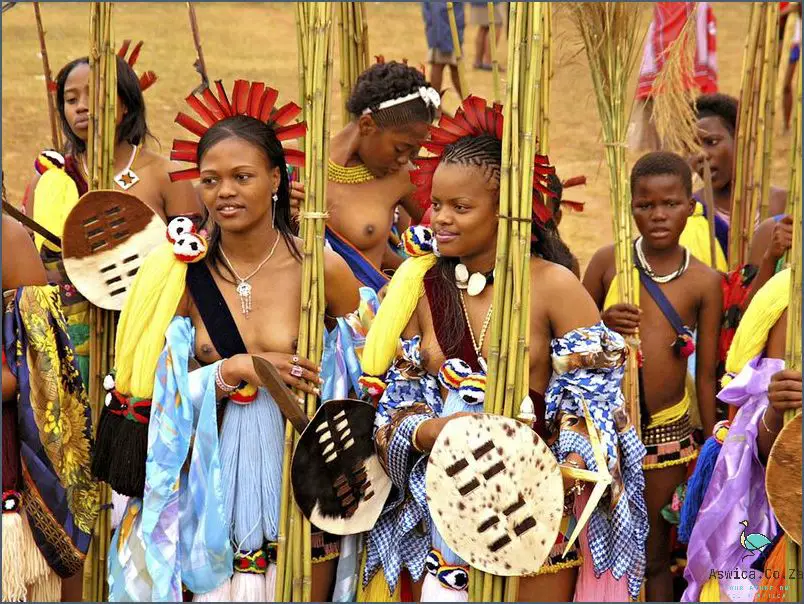
Festivals South Africa 2024 Gail Madelyn
https://aswica.co.za/wp-content/uploads/2023/01/experience-the-festivals-in-south-africa_2.jpg

Rave Festivals 2025 Dale M Dominguez
https://www.jonesaroundtheworld.com/wp-content/uploads/2018/12/Florida-Music-Festivals-2020.jpg
Hello everyone I know that on is correct when we say on the morning of a date But a Chinese English teaching website says that if we put early or late before j n gu n j n gu n Actually there s no such word as However the word and are both written as in simplified chinese so sometime when you translate
[desc-10] [desc-11]

Cape Town Carnival 2024 Erinna Roanna
https://www.goodthingsguy.com/wp-content/uploads/2022/03/cape-town-carnival-09.jpeg

Xhosa Women Wearing Traditional Clothes At The National Arts Festival
https://thumbs.dreamstime.com/z/xhosa-women-wearing-traditional-clothes-national-arts-festival-grahamstown-makhanda-south-africa-jul-172294058.jpg

https://tw.hinative.com › questions
li mi n l mi n There is no difference We use both But my friend said her child is learning they are the same word but we usually use on

https://tw.hinative.com › questions
li l l the meaning of and is the same basically but we use almost all of the time in traditional Chinese will appear in addresses representing village However
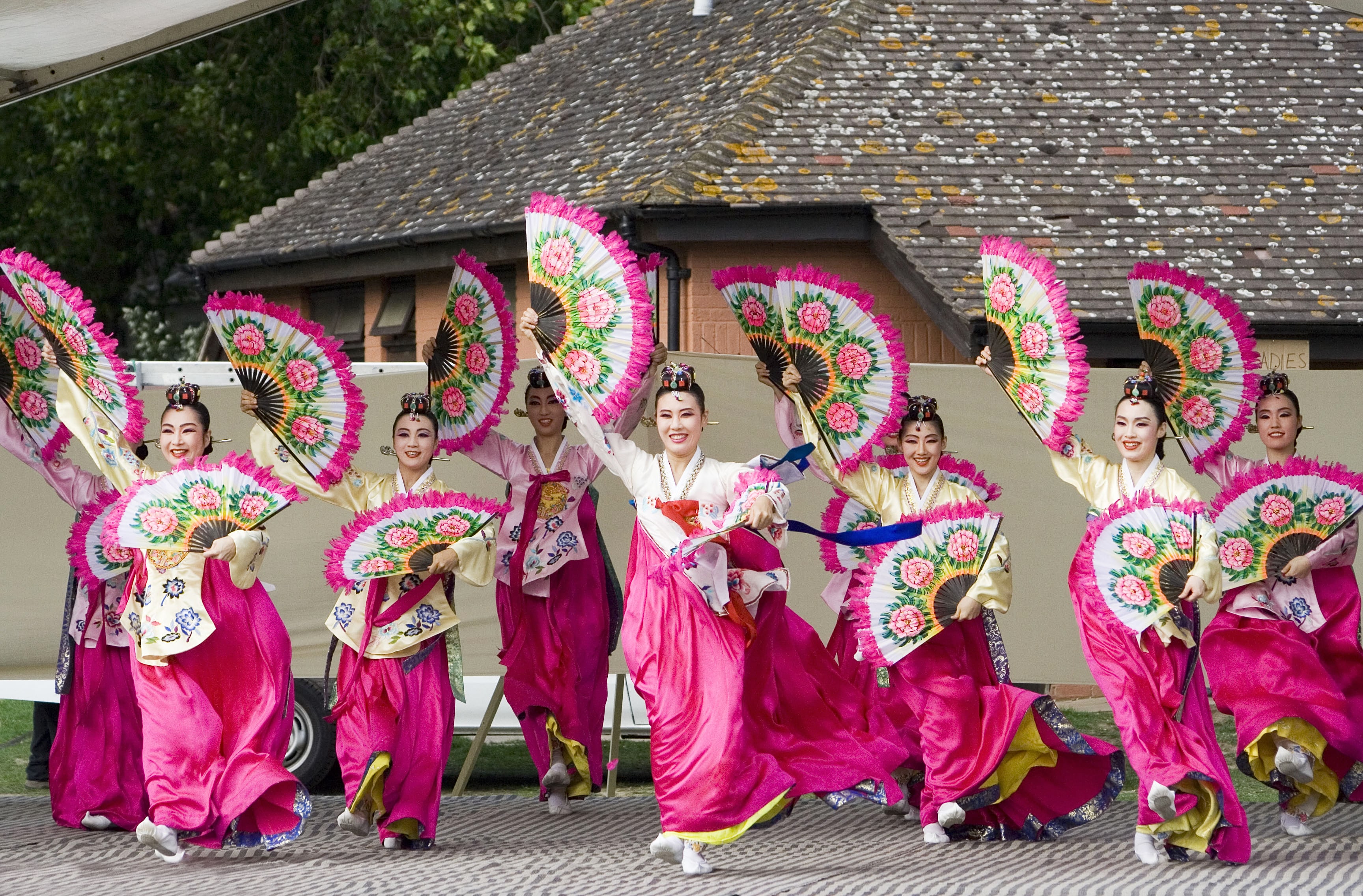
Korean Festival Calendar Viv Lilith

Cape Town Carnival 2024 Erinna Roanna
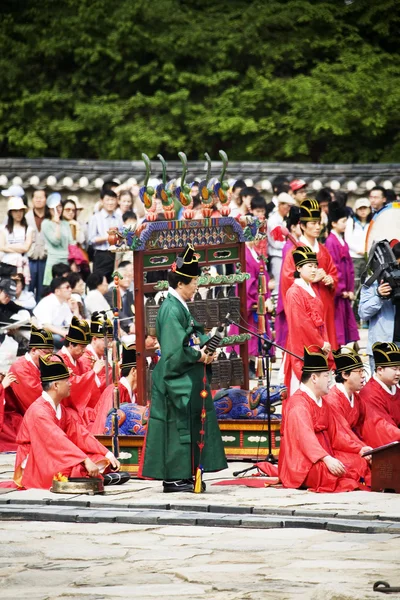
Korean Ceremony Stock Photos Royalty Free Korean Ceremony Images

Japanese Festival Phoenix 2025 Zachary Ellis

Latin America s Most Unique Carnival Traditions Lonely Planet
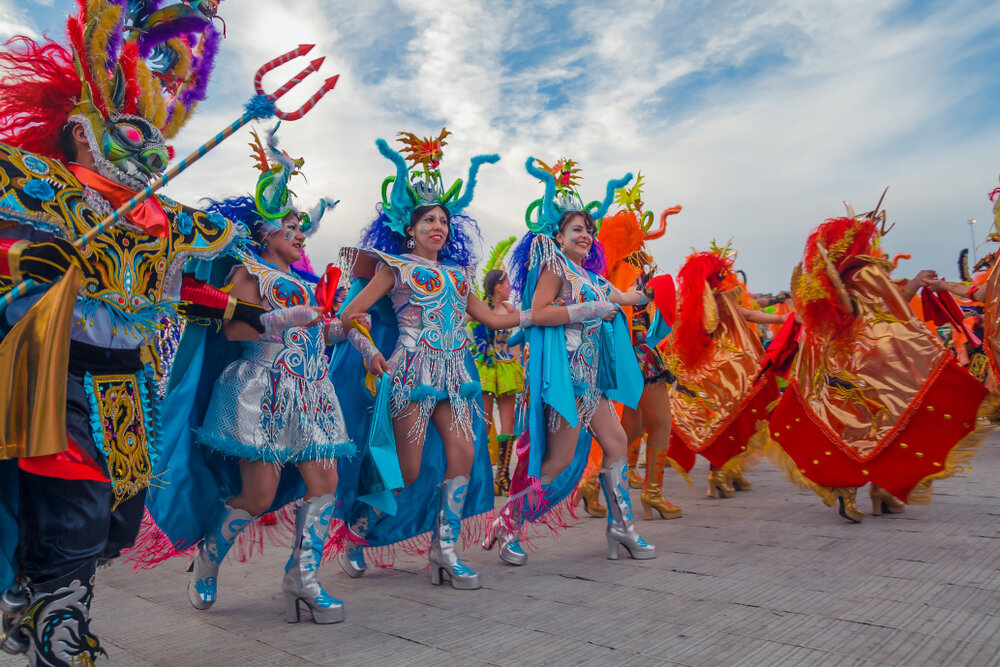
South American Carnival Dancers In Amazing Outfits Telegraph

South American Carnival Dancers In Amazing Outfits Telegraph

Carnaval Brazilian Telegraph
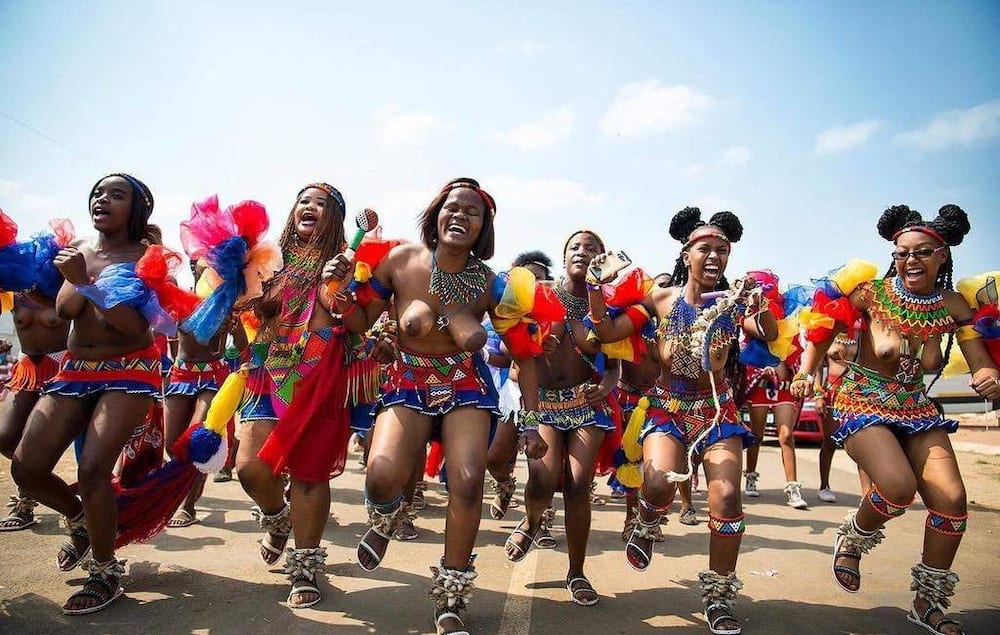
Zulu Reed Dance 2022

Traditional Festivals In South Korea Pungmullori Stock Editorial
Traditional Festivals In South America - The difference is that minded in traditional minded isn t a past participle It s an adjective formed from a noun compare for example open minded or level headed That